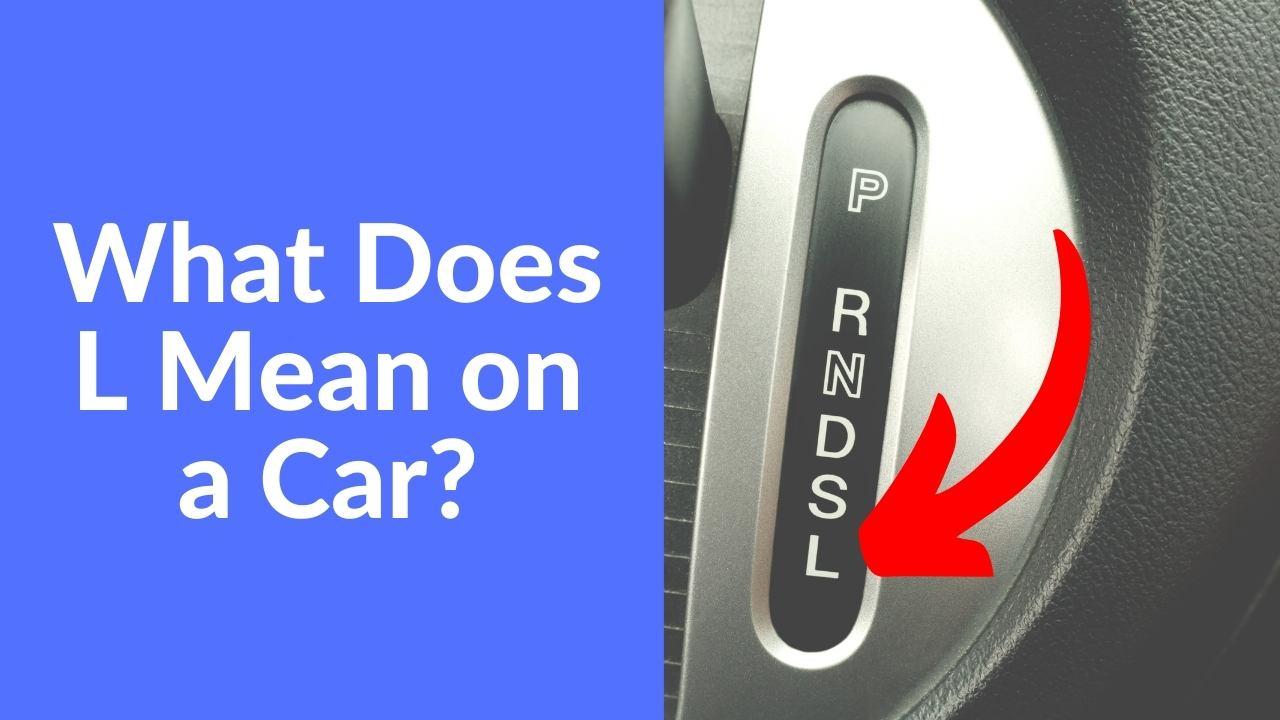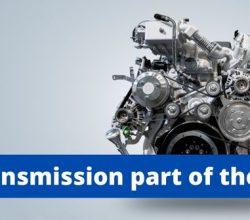The air conditioning (AC) system is a crucial component of a vehicle that is responsible for keeping passengers comfortable in hot weather. The AC system includes several components, including the AC compressor, which is responsible for compressing and circulating refrigerant through the system.
Many vehicle owners wonder if a bad AC compressor can affect the engine. In this article, we will explore the relationship between a bad AC compressor and the engine’s performance.
What is an AC Compressor?
The AC compressor is a mechanical device that compresses and circulates the refrigerant through the AC system. It is located in the engine compartment and is driven by a belt connected to the engine’s crankshaft.
The compressor’s primary function is to compress the refrigerant gas, raising its temperature and pressure, and then circulate it through the AC system to absorb heat and cool the air inside the vehicle.
Can a Bad AC Compressor Affect the Engine?
Yes, a bad AC compressor can affect the engine’s performance in several ways.
Increased Engine Load:
A bad AC compressor may cause an increased load on the engine, leading to decreased performance and efficiency. This is because the compressor is driven by a belt connected to the engine’s crankshaft, meaning that any issues with the compressor can cause the engine to work harder to keep the AC system running.
Overheating:
If the AC compressor is faulty, it can cause the AC system to malfunction, which can lead to overheating of the engine. This is because the refrigerant gas is responsible for absorbing heat in the system, and a faulty compressor can cause the refrigerant to overheat, leading to increased engine temperature.
Belt Failure:
A bad AC compressor can also cause the belt to fail, leading to decreased engine performance and potential engine damage. If the compressor seizes up, it can cause the belt to snap, which can cause other components in the engine to fail, leading to further damage.
Reduced Fuel Economy:
A bad AC compressor can also cause reduced fuel economy in the vehicle. This is because the compressor’s increased load can cause the engine to work harder, leading to increased fuel consumption.
Also check: Are spark plugs in the engine?
How to Diagnose a Bad AC Compressor:
If you suspect that your AC compressor is causing issues with your engine’s performance, it is essential to diagnose the problem properly. Here are some common signs of a bad AC compressor:
Strange Noises:
A bad AC compressor can cause strange noises, such as grinding, squealing, or rattling. If you hear any of these noises, it is essential to have the AC system inspected immediately.
AC System Malfunction:
If the AC system is not functioning correctly, it may be due to a bad compressor. Symptoms can include warm air blowing from the vents, reduced airflow, or an unusual smell.
Belt Issues:
If you notice any issues with the AC compressor belt, such as fraying or cracking, it is essential to have the compressor inspected.
Also check: How much does a car engine weigh?
Conclusion:
In conclusion, a bad AC compressor can have several adverse effects on the engine’s performance. It can increase the engine load, cause overheating, lead to belt failure, and reduce fuel economy. It is essential to diagnose any issues with the AC compressor promptly to prevent further engine damage.
If you suspect that your AC compressor is faulty, have it inspected by a qualified mechanic to ensure that it is repaired or replaced as needed?



